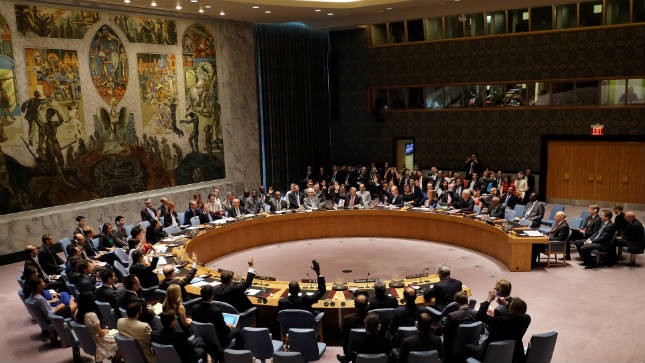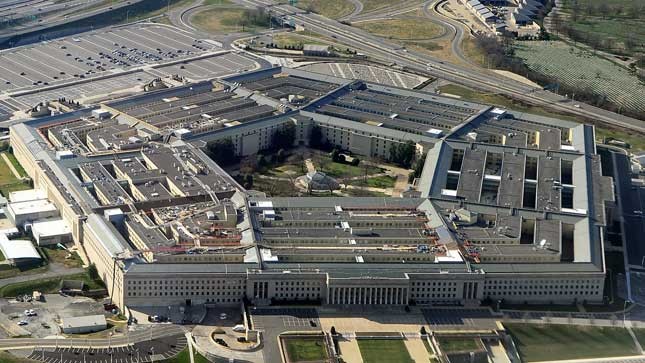
The war on cash is now a global phenomenon: under the pretext of tracing criminal activity, governments everywhere are cracking down on commerce that isn’t monitored or controlled.
However, the results of this war reveal its true purpose: tracking citizens and their taxable income.
The war on cash is actually a war on commerce, or rather, on any commerce that can’t be monitored and controlled by government. Governments survive and grow based on the productivity of the rest of society, and as a result they try to restrict wealth creation to only those areas where it can be recorded and redistributed.
This war on cash is attracting widespread attention. What people may not know, however, is that the current war is only the most recent version of government policies that have been around for a long time. Similar programs have appeared throughout history, some even dating to antiquity.
One notable example occurred in China during the “Warring States” period, roughly 475–221 BCE. This era produced some of China’s greatest contributions to philosophy and technology, but unfortunately, was also a time of unrelenting warfare and political centralization, leading eventually to the Qin unification of China in 221 BCE.



